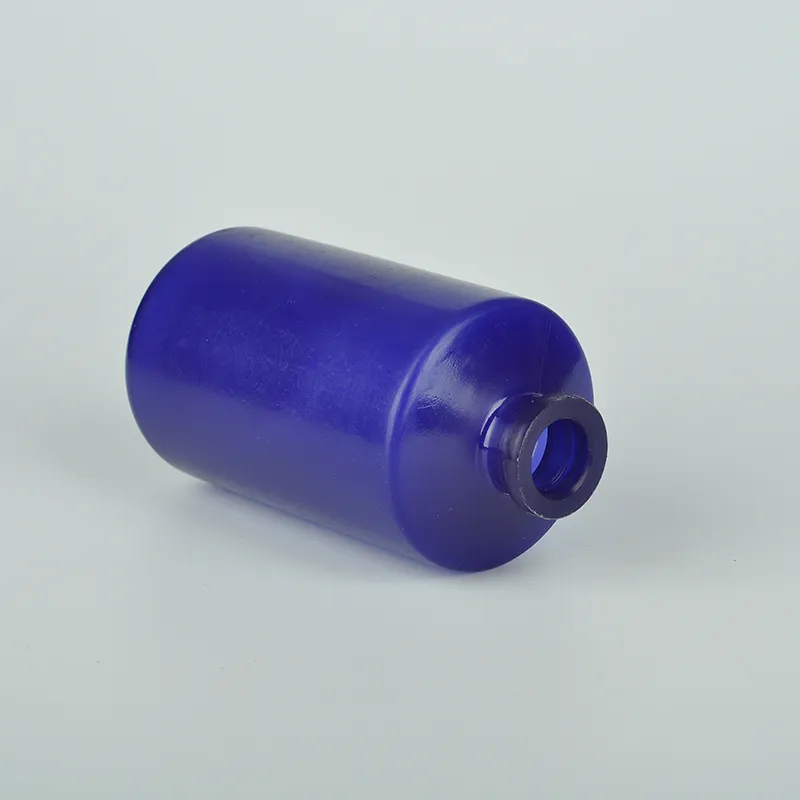Understanding the Importance of Proper Labeling and Storage for Prescription Medication Bottles
The Significance of Medication Bottles More Than Just Containers
In the realm of healthcare, medication bottles serve a critical role that extends far beyond their basic function of holding pills and liquids. These seemingly simple containers are integral to patient safety, medication adherence, and the overall effectiveness of treatment regimens. Their design, information provided, and accessibility are all pivotal in ensuring that medications are used correctly and safely.
The Significance of Medication Bottles More Than Just Containers
Another important aspect of medication bottles is the labeling and information they contain. Each medication bottle is required to carry specific information, including the patient's name, medication name, dosage instructions, and expiration date. This labeling is vital for ensuring that patients take the correct medication at the appropriate times. Clear, unobtrusive instructions can prevent medication errors that may arise from confusion or misunderstanding. Furthermore, information regarding potential side effects and interactions with other drugs empowers patients to make informed decisions about their treatment. In an age where patient involvement in healthcare decisions is increasingly valued, these labels serve as essential tools for promoting safe medication use.
medications bottle

Medication bottles also assist in promoting adherence to prescribed therapies. Adherence refers to the extent to which patients take medications as prescribed, and non-adherence can lead to serious health consequences. To combat this issue, some pharmaceutical companies have developed specialized bottles that include features such as reminder systems that alert patients when it's time to take their medication. These innovations are particularly beneficial for individuals managing chronic conditions that require long-term treatment. By making the process easier and reminding patients of their responsibilities, these bottles contribute to improved health outcomes and a better quality of life for many individuals.
Moreover, the accessibility of medication bottles can't be overlooked. In many regions, pharmacies offer different-sized bottles to accommodate various treatment plans. This flexibility allows patients to have enough medication on hand while minimizing waste. As we navigate the challenges of an aging population and an increase in chronic diseases, ensuring accessible and appropriately sized medication bottles is essential in the management of long-term health needs.
Lastly, as we look toward the future, advancements in technology are set to transform the way medication bottles function. Innovations such as smart bottles that connect to mobile applications could provide real-time tracking and reminders for medication intake, further enhancing adherence. These technological improvements will likely change the landscape of medication management, making it even safer and more efficient.
In conclusion, medication bottles play an indispensable role in modern healthcare. They are much more than mere containers; they are designed with safety features, informative labels, and innovative functionality to support patients in their health journeys. As we continue to seek ways to improve healthcare delivery, the evolution of medication bottles represents a small but significant step towards better health outcomes for all.
-
Durable 250ml Blue Plastic Vaccine Vial for Lab & Vet UseNewsAug.16,2025
-
Sterile Virus Sample Tubes: Secure & Reliable Specimen CollectionNewsAug.15,2025
-
White 250ml Plastic Vaccine Vial for Lab & Vet MedicineNewsAug.14,2025
-
Premium Clear Plastic Vaccine Vials for Lab & Vet MedicineNewsAug.13,2025
-
Plastic Clear Vaccine Vials | Lab & Vet Liquid StorageNewsAug.12,2025
-
Secure 250ml Blue Plastic Vaccine Vials for Lab & VetNewsAug.11,2025
























